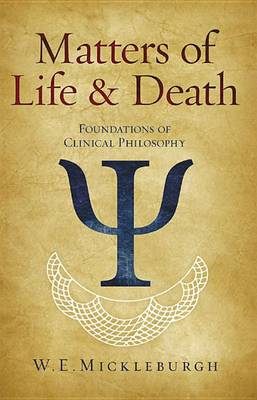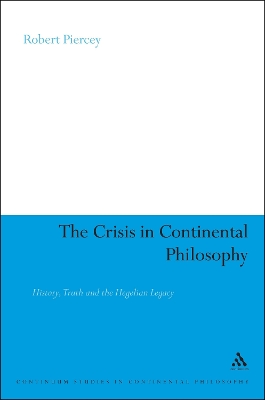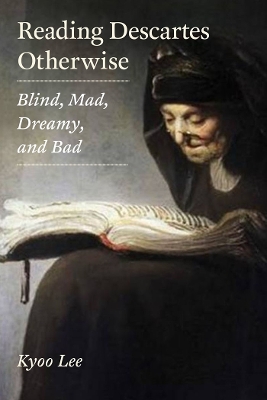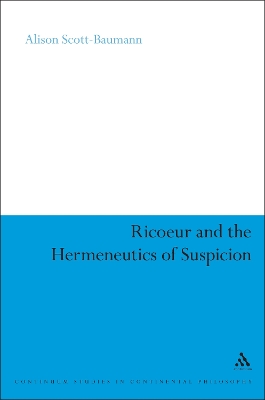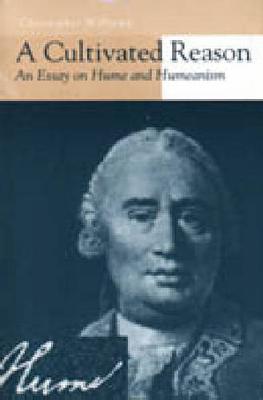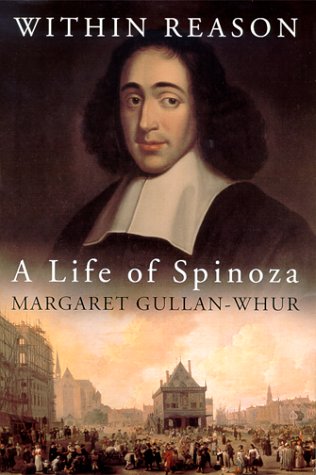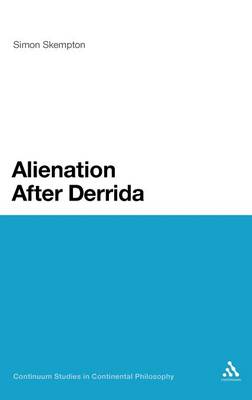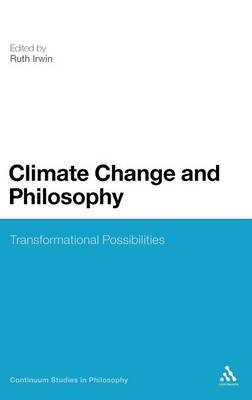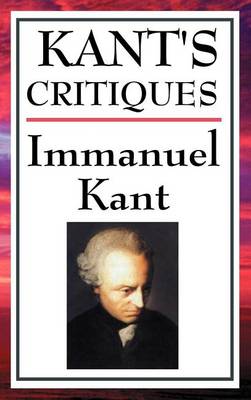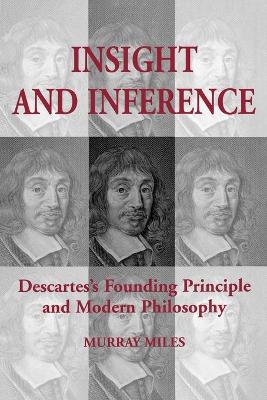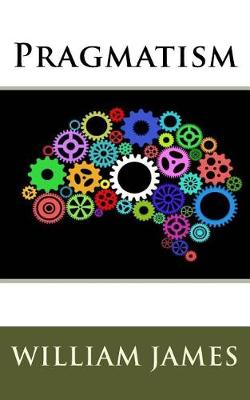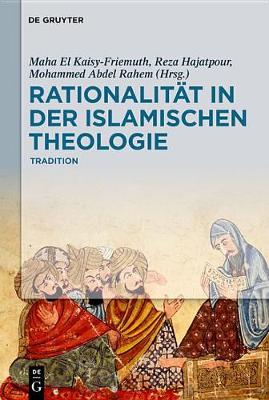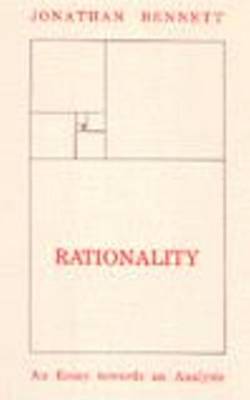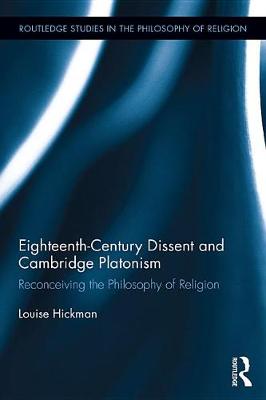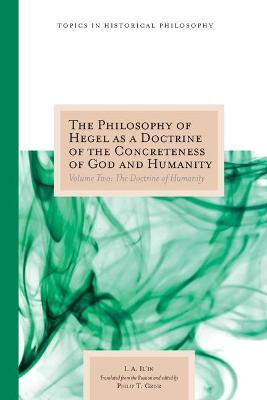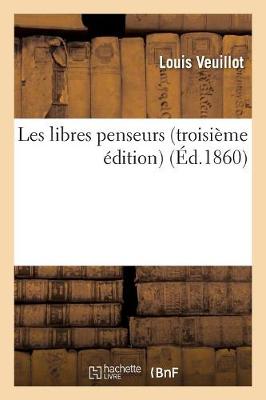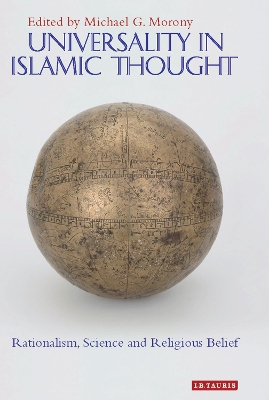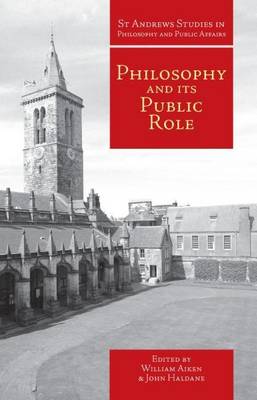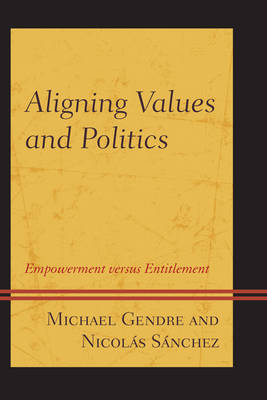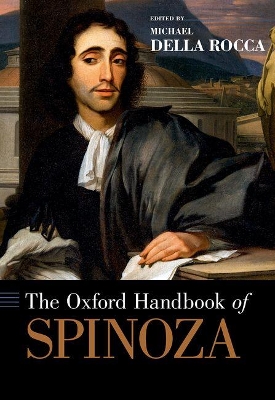The Crisis in Continental Philosophy (Continuum Studies in Continental Philosophy)
by Robert Piercey
Continental philosophy has traditionally seen philosophy as historical, claiming that there are no new beginnings in the discipline, and that we must revisit the work of earlier thinkers again and again. Yet, continental philosophers rarely argue explicitly for their view of philosophy's past, and the discussions of the topic that exist tend to be riddled with confusion. Here, Robert Piercey asks why, and explores what the continental tradition must do to come to terms with this crisis. Piercey...
Focusing on the first four images of the Other mobilized in Descartes’ Meditations—namely, the blind, the mad, the dreamy, and the bad—Reading Descartes Otherwise casts light on what have heretofore been the phenomenological shadows of “Cartesian rationality.” In doing so, it discovers dynamic signs of spectral alterity lodged both at the core and on the edges of modern Cartesian subjectivity. Calling for a Copernican reorientation of the very notion “Cartesianism,” the book’s series of close, c...
Ricoeur and the Hermeneutics of Suspicion (Continuum Studies in Continental Philosophy)
by Alison Scott-Baumann
Paul Ricoeur (1913-2005) was one of the most prolific and influential French philosophers of the Twentieth Century. In his enormous corpus of work he engaged with literature, history, historiography, politics, theology and ethics, while debating 'truth' and ethical solutions to life in the face of widespread and growing suspicion about whether such a search is either possible or worthwhile. In Ricoeur and the Hermeneutics of Suspicion, Alison Scott-Baumann takes a thematic approach that explores...
As Plato's tripartite division of the soul, Descartes's criterion of clear and distinct ideas, and Kant's notion of the categorical imperative attest, philosophy has traditionally been wedded to rationalism and its "intellectualist" view of persons. In this book Christopher Williams seeks to wean his fellow philosophers away from an overly rationalistic self-understanding by using resources that are available within the philosophical tradition itself, including some that anticipate strands of Ni...
The seventeenth-century philosopher Spinoza was expelled from the Jewish community of Amsterdam the age of twenty-four for 'horrendous heresies', and was eventually reviled by all religious authorities for claiming that human beings are parts of a single, unified nature, that God is identical with nature, and that reason, not revelation, supplies the truth of any aspect of God. Undeterred, he made this thesis the basis for a rational crusade against superstition and prejudice. Dr Gullan-Whur's b...
Alienation After Derrida (Continuum Studies in Continental Philosophy)
by Simon Skempton
Alienation After Derrida rearticulates the Hegelian-Marxist theory of alienation in the light of Derrida's deconstruction of the metaphysics of presence. Simon Skempton aims to demonstrate in what way Derridian deconstruction can itself be said to be a critique of alienation. In so doing, he argues that the acceptance of Derrida's deconstructive concepts does not necessarily entail the acceptance of his interpretations of Hegel and Marx. In this way the book proposes radical reinterpretations, n...
Climate Change and Philosophy (Continuum Studies in Philosophy)
This is a hugely important collection of essays that examines the significance of philosophical inquiry in relation to the issue of climate change. "Climate Change and Philosophy" presents ten original essays by an international team of expert contributors, exploring the important contribution philosophical inquiry can make to contemporary debates to do with climate change and the global environment. Examining this hugely topical issue through the lens of environmental philosophy, political theo...
Die Begrundung Des Realen (Quellen Und Studien Zur Philosophie, #147)
One of the cornerstone books of Western philosophy, here is Kant's seminal treatise, where he seeks to define the nature of reason itself and builds his own unique system of philosophical thought with an approach known as transcendental idealism. He argues that human knowledge is limited by the capacity for perception.
Insight and Inference (Toronto Studies in Philosophy)
by Murray Miles
In this major re-examination of Descartes's founding principle, cogito, ergo sum, Murray Miles presents a portrait of Descartes as the Father of Modern Philosophy that is very different from the standard one. Viewing Descartes in both a historical and a systematic perspective, Miles presents a wealth of original analyses, arguments, and re-interpretations of key texts. The result is a fresh and illuminating account of Descartes's metaphysical project and theory of the mind. Descartes's achieveme...
Pragmatism (Dover Thrift Editions) (Cambridge Library Collection - Philosophy)
by William James
"It is absolutely the only philosophy with no humbug in it," an exhilarated William James wrote to a friend early in 1907. And later that year, after finishing the proofs of his "little book," he wrote to his brother Henry: "I shouldn't be surprised if ten years hence it should be rated as 'epoch-making,' for of the definitive triumph of that general way of thinking I can entertain no doubt whatever-I believe it to be something quite like the protestant reformation." Both the acclaim and outcr...
Cultural Politics of Analytic Philosophy (Continuum Studies in British Philosophy)
by Thomas L Akehurst
The Cultural Politics of Analytic Philosophy examines three generations of analytic philosophers, who between them founded the modern discipline of analytic philosophy in Britain. The book explores how philosophers such as Bertrand Russell, A.J. Ayer, Gilbert Ryle and Isaiah Berlin believed in a link between German aggression in the twentieth century and the nineteenth-century philosophy of Hegel and Nietzsche. Thomas L. Akehurst thus identifies in this political critique of continental philoso...
This stimulating work takes the concept of 'rationality', a concept that more than any other is supposed to express the essence of what it means to be human, and submits it to a careful and penetrating analysis. The conclusions drawn often challenge those previously suggested by both philosophers and psychologists.
Eighteenth-Century Dissent and Cambridge Platonism identifies an ethically and politically engaged philosophy of religion in eighteenth century Rational Dissent, particularly in the work of Richard Price (1723-1791), and in the radical thought of Mary Wollstonecraft. It traces their ethico-political account of reason, natural theology and human freedom back to seventeenth century Cambridge Platonism and thereby shows how popular histories of the philosophy of religion in modernity have been over...
What factors determine whether a person's beliefs are epistemically rational? Many traditional accounts contend that those factors lie in the beliefs themselves. For example, a belief can fit with one's evidence, it can originate in reliable (or otherwise virtuous) processes, or it can cohere with other beliefs (some of which may be self-justifying). In this provocative book, Franz-Peter Griesmaier presents a new picture of epistemic rationality, emphasizing the role of the agent rather than the...
Universality in Islamic Thought
In tenth-century Baghdad, the Mu'tazila theologians believed good and evil could be distinguished through human reason, while in the Indian subcontinent in the sixteenth century, rationalism served to express both the connections and boundaries of Islam in a sphere of religious pluralism. Universality in Islamic Thought discusses specific applications of rationalism in Islamic thought - from the Mu'tazila of Iraq and the Hanafi school of Islamic Law to the Chishti mystics of Mughal India - t...
Philosophy and Its Public Role (St Andrews Studies in Philosophy & Public Affairs)
by William Aiken and John Arthur
Aligning Values and Politics argues that empowering individuals for self-actualization is an indispensable tool for attaining freedom; therefore, politics must align with the promotion of self-actualization. Private property rights have in the past helped people to develop skills, but such rights were abused. Once these rights are combined with an ethics of responsibility, the book opens the doors to a nonpartisan analysis of income inequality, inheritance, race relations, abortion and governanc...
The Oxford Handbook of Spinoza (Oxford Handbooks)
by Michael Della Rocca
Until recently, Spinoza's standing in Anglophone studies of philosophy has been relatively low and has only seemed to confirm Friedrich Heinrich Jacobi's assessment of him as "a dead dog." However, an exuberant outburst of excellent scholarship on Spinoza has of late come to dominate work on early modern philosophy. This resurgence is due in no small part to the recent revival of metaphysics in contemporary philosophy and to the increased appreciation of Spinoza's role as an unorthodox, pivota...
